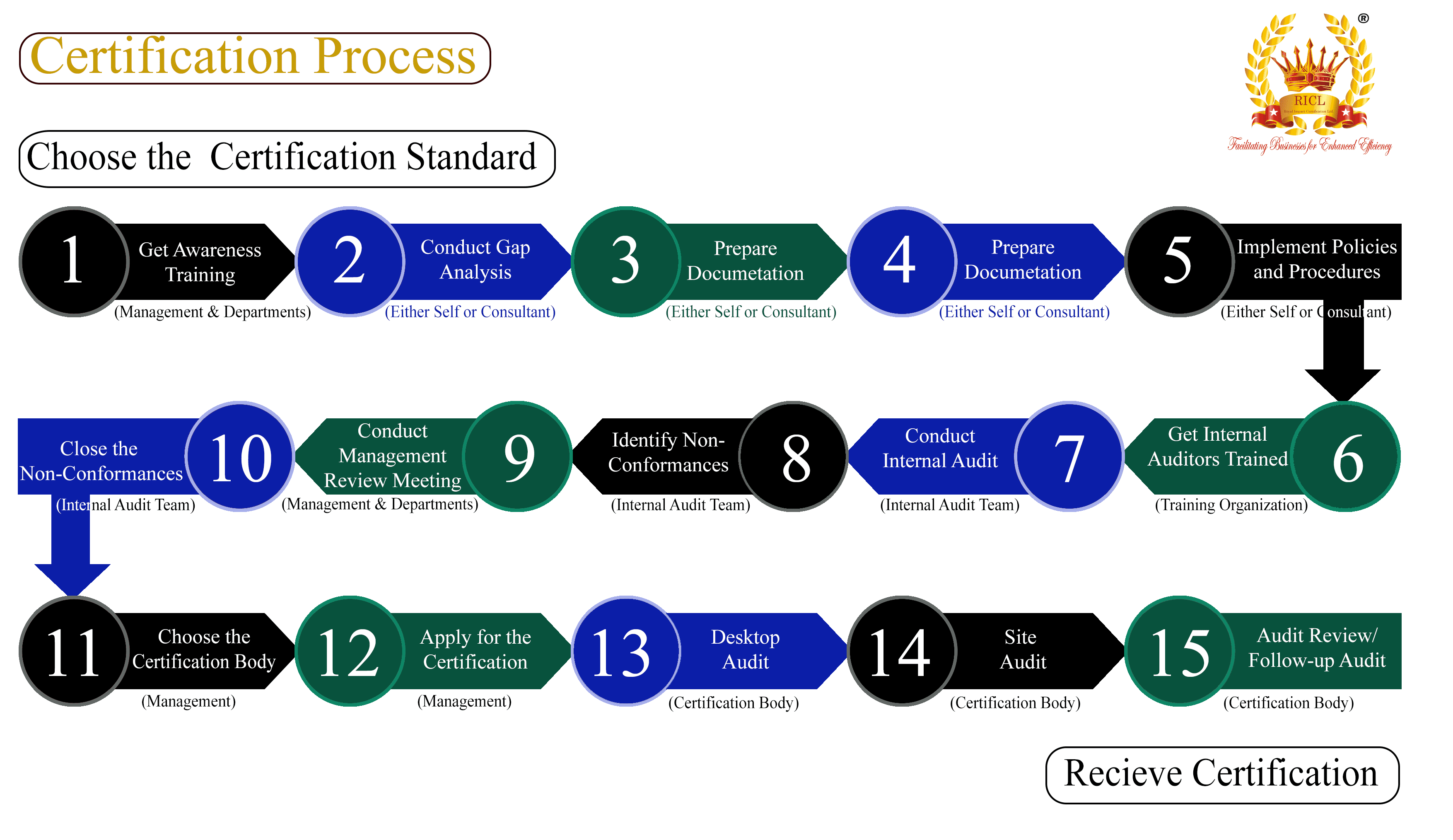
RCM
RCM (Regulatory Compliance Mark) is a mark used in Australia and New Zealand to indicate that a product complies with the applicable safety, electromagnetic compatibility (EMC), and electromagnetic energy (EME) regulations. RCM certification is mandatory for many electrical, electronic, and wireless products before they can be sold or marketed in these countries.
The RCM signifies that a product meets all relevant Australian and New Zealand regulatory requirements, such as safety and environmental standards. It combines the requirements of both the Australian Communications and Media Authority (ACMA) and the Electrical Regulatory Authorities Council (ERAC).
Key aspects of RCM:
Compliance with Standards: Products bearing the RCM have been tested to comply with specific Australian/New Zealand technical standards for safety and electromagnetic compatibility.
Registration Requirement: Suppliers must be registered on the national database before they can apply the RCM to their products.
Declaration of Conformity: The supplier must provide a Declaration of Conformity (DoC) that attests to the product’s compliance with all applicable standards and regulations.
Labeling Requirements: The RCM label must be affixed to the product or its packaging in a visible and legible manner.
Compliance Folder: Suppliers must maintain a compliance folder that contains all documentation proving the product’s compliance. This folder must be available for inspection upon request by regulatory authorities.
RCM is crucial for manufacturers, importers, and distributors as it ensures that products are safe for consumer use and that they do not interfere with other electronic devices through electromagnetic disturbances. Compliance with RCM helps maintain product integrity and public safety standards across Australia and New Zealand.

The Regulatory Compliance Mark (RCM) applies to a wide range of industries in Australia and New Zealand. Here are the industries where RCM is pertinent for ensuring compliance with local safety and electromagnetic regulations:
- Consumer Electronics
- Information Technology Equipment
- Telecommunications
- Electrical Home Appliances
- Lighting Equipment
- Power Tools
- Medical Devices
- Laboratory Equipment
- Heating and Cooling Systems
- Industrial Machinery
- Automotive Electronics
- Solar Energy Systems
- Battery Manufacturers
- Wireless Devices and Equipment
- Security Systems
- Fire Safety Equipment
- Construction Equipment
- Elevators and Escalators
- Marine Electronics
- Agricultural Machinery
- Audio and Video Equipment
- Gaming Machines
- Networking Devices
- Data Storage Devices
- Electrical Components (capacitors, resistors, etc.)
- Sports and Fitness Equipment
- Outdoor Lighting
- Public Address Systems
- RFID Equipment
- Children’s Toys with Electronic Components
- Electric Bicycles and Scooters
- Drones and Remote-Controlled Devices
- Smart Home Devices
- Wearable Technology
- Printing and Photographic Equipment
- Monitoring Equipment
- Navigation Devices
- Point of Sale Systems
- Broadcasting Equipment
- Computer Peripherals
- Electric Vehicle Charging Stations
- Power Generators
- Water Pumps
- HVAC Systems
- Renewable Energy Systems (Wind, Hydro)
- Emergency Lighting Systems
- Food Processing Equipment
- Packaging Machines
- Vending Machines
- Musical Instruments with Electronic Features
[sp_easyaccordion id=”10759″]
[formsapp id=”662f63f6c4dd546c9916c3db”]
